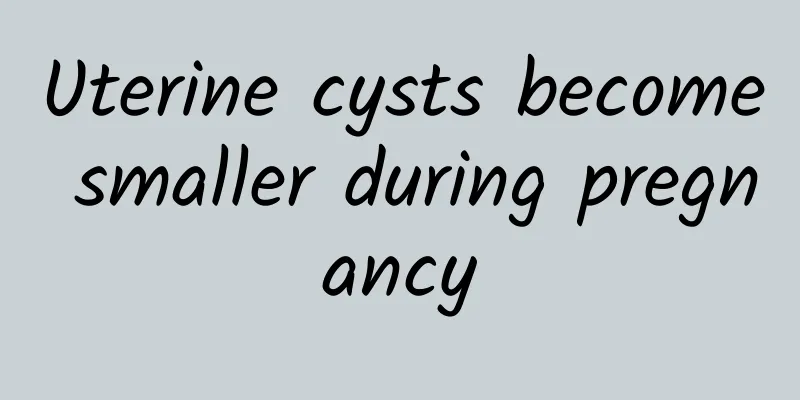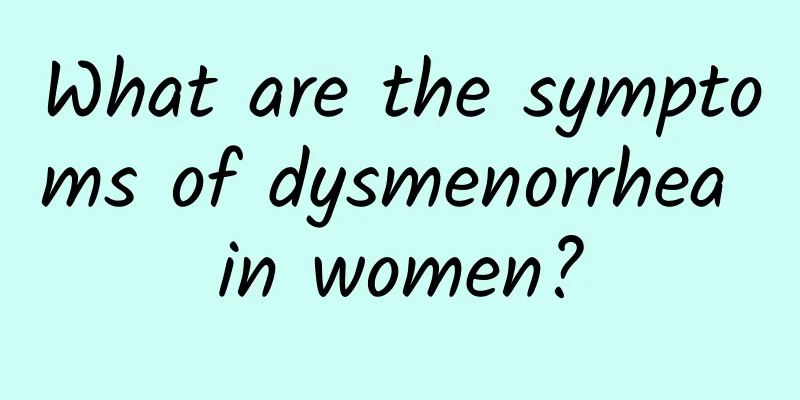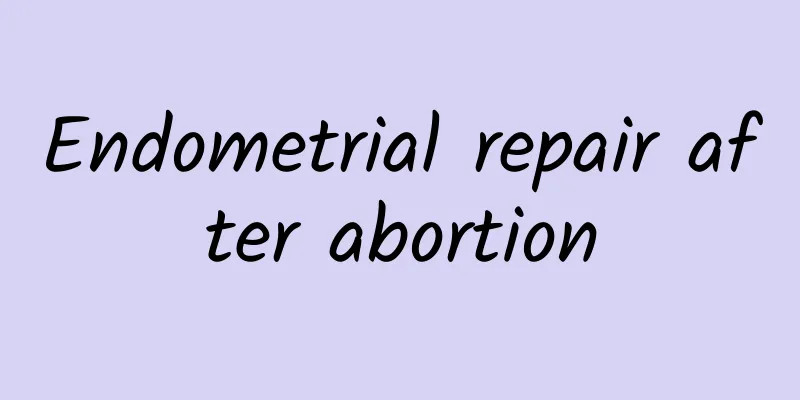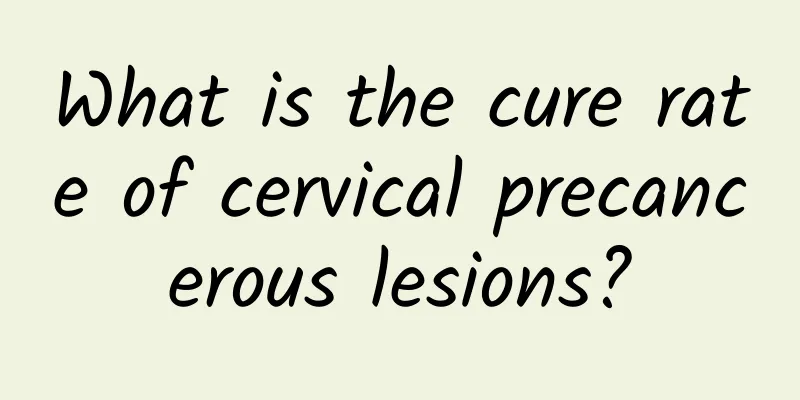Uterine cysts become smaller during pregnancy

|
Uterine cysts may decrease in size during pregnancy due to changes in hormone levels, fluctuations in body fluids, etc., but the specific situation needs to be confirmed by a doctor through B-ultrasound and other examinations, and provided according to individual differences. The health conditions during pregnancy are complicated, and regular checkups are recommended to ensure the safety of mother and baby. 1The impact of hormone level changes on cysts After pregnancy, the levels of estrogen and progesterone in the body change significantly. Fluctuations in these hormones may inhibit the growth of certain types of cysts or even cause the cysts to shrink in size. For example, functional cysts are a common type and may gradually shrink during pregnancy due to cessation of ovulation and hormone adjustments. However, this change does not apply to all cyst types, such as uterine fibroid cysts or endometrioid cysts, which may not be sensitive to hormonal changes. During pregnancy, you need to pay close attention to changes in cysts through regular prenatal examinations. 2. Body fluid circulation and immune system regulation The body's fluid circulation during pregnancy may affect the state of the cyst. Increased blood volume and changes in the body's lymphatic circulation may improve the local microenvironment, resulting in a decrease in the internal pressure of the cyst and a decrease in volume. Adjustments to the immune system during pregnancy help regulate certain inflammatory responses, which may also indirectly alleviate the tendency of the cyst to expand or worsen. These intrinsic adjustments are usually spontaneous and unpredictable, and imaging monitoring is required to understand the specific changes in the cyst. 3 How to deal with uterine cysts during pregnancy If the cyst is confirmed, the main treatment method during pregnancy is close monitoring rather than premature intervention. In the early stages of pregnancy, regular B-ultrasound examinations are an effective way to understand the status of the cyst; if the cyst becomes significantly larger or complications such as pain and infection occur, the doctor may recommend the following measures: Medication: Use analgesics or anti-inflammatory drugs that are safe during pregnancy to relieve symptoms; Surgery: In emergency situations, such as if the cyst has twisted or ruptured, minimally invasive surgery may be needed to remove the cyst. Natural observation: Most asymptomatic uterine cysts do not require emergency treatment, just continue to monitor. During pregnancy, whether the cyst will shrink varies from person to person, and regular checkups and following doctor's advice are key. If you are pregnant and diagnosed with a uterine cyst, don't worry too much, and consult a professional in time to ensure the safety and health of mother and baby. |
<<: How to treat uterine prolapse and bladder prolapse
>>: Can moxibustion treat vulvar pruritus?
Recommend
Apply force to the 4 major areas correctly and run to get a sexy figure!
Road running is a sport that burns fat. Long-term...
Can I have a smooth birth after getting pregnant with uterine fibroids?
The uterus is an important place for women to get...
7 good habits for those who eat out to lose weight smartly
If you eat like a foreigner every time without an...
Why do uterine fibroids sometimes not have symptoms? Why do uterine fibroids sometimes not have symptoms?
Why do uterine fibroids sometimes have no symptom...
Mr. Guo: The executive order to solve the problem of zero detection of US beef is nonsense
While the issue of American beef is being hotly d...
Patients with cervical erosion should pay attention to some specific matters after surgery
Nowadays, some women will have cervical erosion, ...
Is traditional painless abortion painful?
Is traditional painless abortion painful? 1. Pain...
Lose weight and don’t gain it back! Supplement protein to increase basal metabolism
Obesity is a disease that requires diet and exerc...
What is adnexitis
Among the female reproductive organs, the fallopi...
How to drain blood after miscarriage
How to drain the blood after miscarriage? After a...
What are the main treatments for chronic adnexitis?
What are the main treatments for chronic adnexiti...
What are the symptoms of uterine fibroids? Common manifestations of uterine fibroids
Many people are actively learning about the sympt...
What drugs to take to treat uterine fibroids
Drug treatment for uterine fibroids usually uses ...
In daily life, we need to take timely measures to prevent cervical hypertrophy
Cervical hypertrophy is a disease that most women...
Traditional Chinese medicine remedies for excessive menstruation
Traditional Chinese medicine remedies for excessi...









